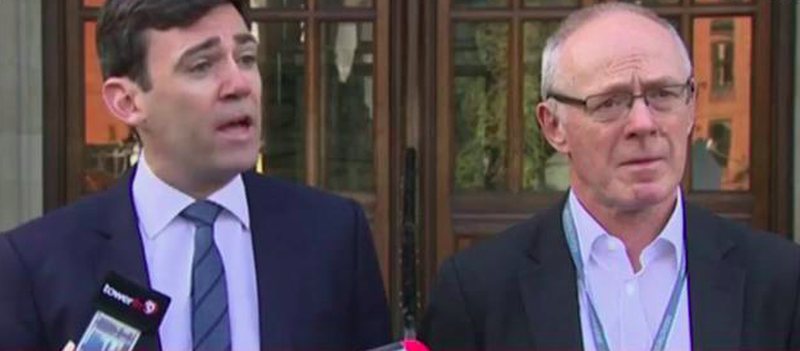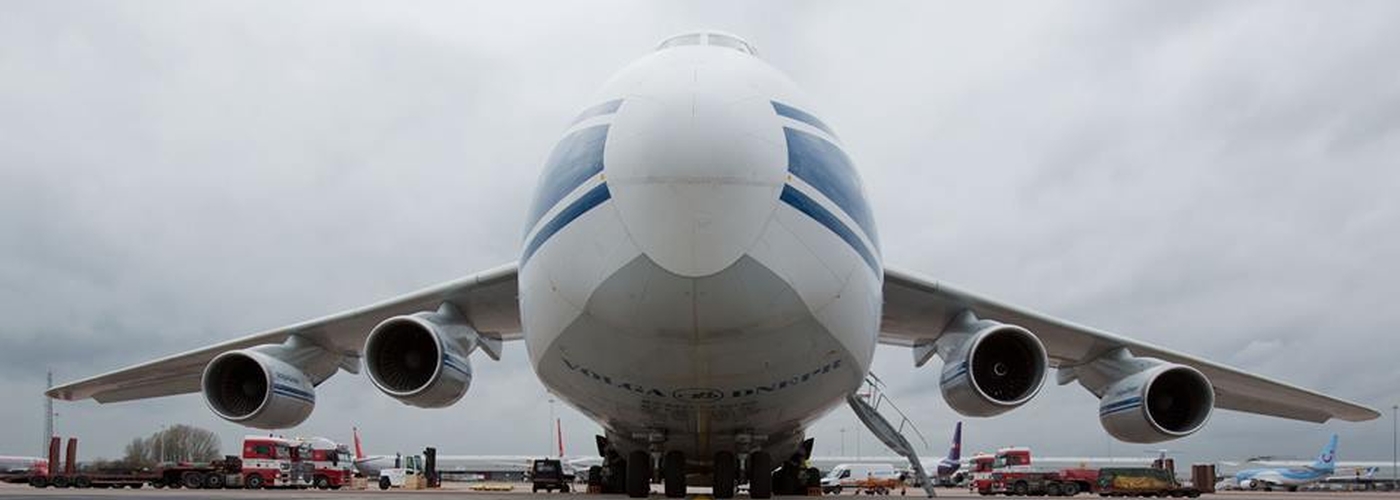The northern rail system should come first, say Mayor Andy Burnham and Sir Richard Leese
Below is an article co-written by Greater Manchester Mayor, Andy Burnham, and Leader of Manchester City Council, Sir Richard Leese, for the Guardian. It reflects on the Government’s response to the recent Northern rail fiasco and also Chris Grayling’s Heathrow expansion announcement.
WHEN Chris Grayling came to the House of Commons on Monday, there was one question above all others that dominated proceedings: how had he not seen the Northern Rail crisis coming?
Perhaps the real answer only emerged 24 hours later, when the transport secretary came back to the same despatch box to make a statement on Heathrow airport.
Not for the first time, it would seem, the government’s primary transport focus has been on the south of England, and not on the north. This is frustrating for us, given that the same government promised people here a “northern powerhouse” and they are still waiting patiently for it to appear.
When George Osborne was chancellor, barely a month went by without some recognition of the north’s desire to come to the front of the queue for transport investment. These days, it seems it takes an emergency timetable – and weeks of widespread chaos – for the Department of Transport to pay any real attention to the north.
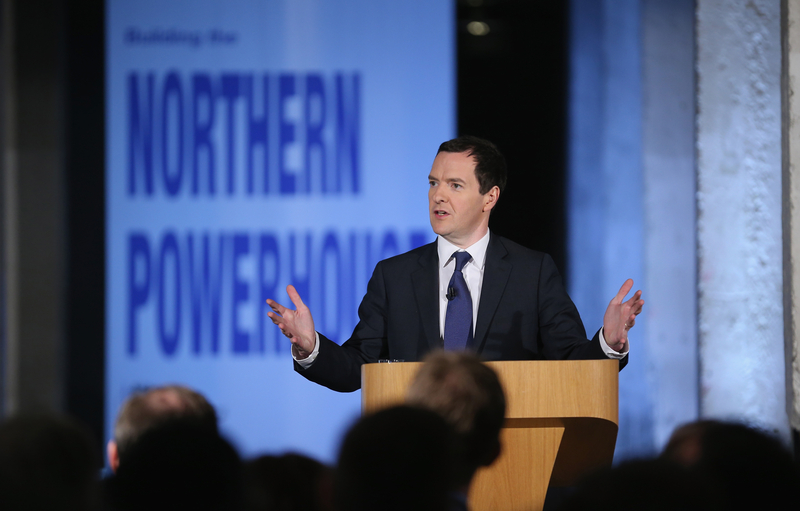
But there may, in time, be one big positive to come out of events this week. There is a growing feeling here that this crisis is turning into a watershed moment for transport in the north.
That was certainly the impression given when an impressive 25 northern newspapers joined forces to send a clear “enough is enough” message back down south.
And there are more signs that the north is getting organised.
Later this month, northern leaders will gather in Newcastle to finalise plans for the first Convention of the North in September. This unprecedented event will unite business and political leaders, and could give the north of England a louder and more effective political voice than ever before.
The truth is that we are going to need it. Major decisions are looming that will have an impact on the northern economy for the rest of this century.
Greater Manchester is required to establish a funding package for our airport station. Why?
On Brexit, despite repeated requests, the English regions still have no formal input into the process. If we are to have any chance of rising to the challenges it presents, then we can’t wait any longer for a modern transport system linking the great cities of the north.
But we are still some way from securing that.
The government is finalising its plans for HS2 – but northern cities such as Leeds, Sheffield and Manchester still have an outstanding dispute on the matter. While Birmingham has a fully funded HS2 station at its airport, Greater Manchester is required to establish a funding package for our airport station. Why?
It is also being suggested that we won’t be able to have our preferred tunnelled station option at Piccadilly, which would improve cross-north connections and safeguard crucial city-centre land for economic development – even though no expense has been spared tunnelling under the Chilterns to no economic benefit.
When it comes to Northern Powerhouse Rail – new cross-north infrastructure linking our great cities and connecting to HS2 – there is still no firm commitment to it from the government in the shape of a timetable.
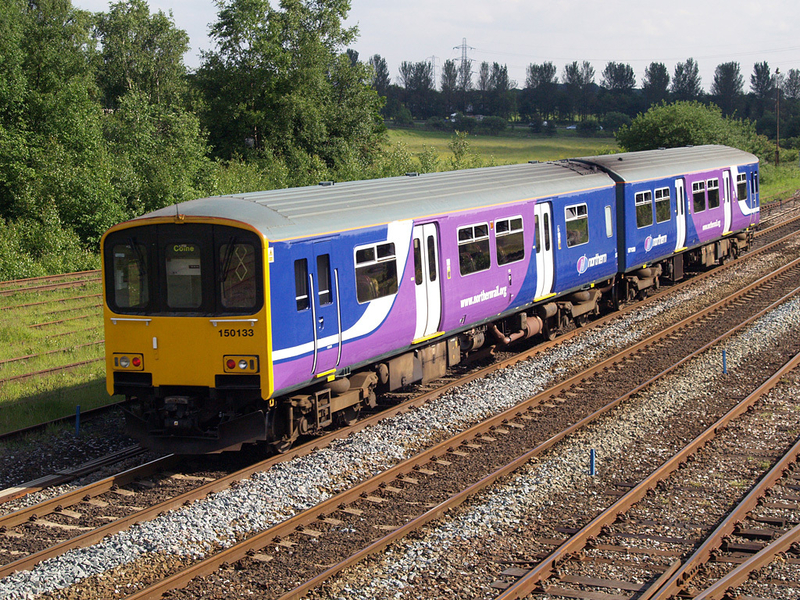
This is the context in which Grayling’s statement on Heathrow needs to be considered by northern MPs.
Two big questions arise.
First, by giving the green light to major expansion at Heathrow, is the government also implicitly putting London and the south-east at the front of the queue again for the remaining transport infrastructure investment outside of HS2?
Adding a third runway to Heathrow will mean, in time, a major increase in the volume of passengers coming through the airport. The knock-on effect could be that a substantial new transport infrastructure is required to cope, thereby locking in London’s claim over the future transport capital budget.
It is clear that the expansion of Heathrow will further extend the level of economic activity in the south-east.
So the second big question is whether it will do so to such a degree that it will make the economy of a post-Brexit Britain even harder to rebalance, and actively take investment away from the regions?
There is an argument to say that the country has already spent far too much time on the narrow issue of where a runway should go in the south-east, when it could more productively have been spent asking how we make the best use of existing spare capacity at UK airports such as Birmingham and Manchester.
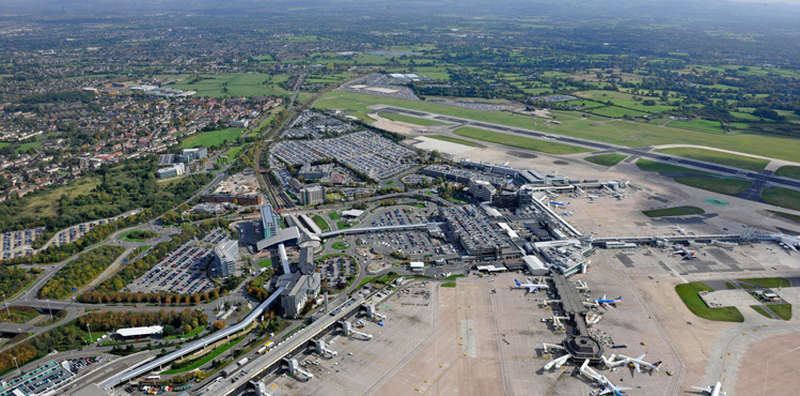
Despite the transport secretary’s claims that the demand isn’t there, Manchester airport has recently announced the launch of direct flights to Africa and India. If Manchester airport was linked to points north and south by HS2, and points west and east by Northern Powerhouse Rail, it would be one of the best-connected airports in Europe, with around 10 million people within two hours of it by public transport, trebling its catchment area. It is frankly ridiculous that right now, for some parts of the north, it’s easier to get to west London than to their own international airport in the north.
Alongside expanding other UK airports, investment in these projects could lead to a more balanced transport solution and lower carbon emissions through less reliance on air travel to the UK hub at Heathrow. In time, it might still make sense to expand Heathrow. But surely that should be done only after making use of every other bit of existing capacity first?
Before the parliamentary vote on Heathrow, we need to have an honest debate about these two big questions and not get drawn into providing unthinking, unconditional support. The implications are massive.
It is important to remember that the analysis upon which the government has based its decision was informed by the Airports Commission, which reported in 2015. Life has moved on hugely since then.
The case for a European hub airport was much stronger when the UK was remaining part of the EU. That has been weakened by the Brexit vote and replaced by a greater priority to ensure international reach for all parts of the UK. But it is also important to note that the referendum has changed the political mood of the country. Among other things, the result was a call for the rebalancing of our country, and the anger we have seen in the north this week on rail is linked to that.
The government needs to be pressed hard by northern MPs on its level of commitment to the northern powerhouse
So the facts have changed and it is right to look at the Heathrow issue in this new light.
It is important to say that this is not driven by anti-London sentiment. We are patriotic people and proud of our capital city. We recognise the huge contribution it makes to UK PLC. We want to see its continued success – just not at the expense of the north.
In the run-up to the Heathrow vote, the government needs to be pressed hard by northern MPs on its level of commitment to the northern powerhouse. The Heathrow decision could push it back even further by effectively making a prior claim on behalf of the south-east for future infrastructure spend.
So the next few weeks are crucial. If the government can demonstrate convincingly that its plan for Heathrow will not disadvantage the north, we would not stand in its way.
The government must now make a clear commitment to delivering the north’s preferred option for HS2, deliver on promised trans-Pennine route improvements, alongside increased capacity at our city centre stations, and explicitly say that Northern Powerhouse Rail is the country’s next most important rail infrastructure priority after HS2 – with the timetable to prove it.
If ministers fail to do this, we would recommend to northern MPs that they vote against Heathrow expansion.
